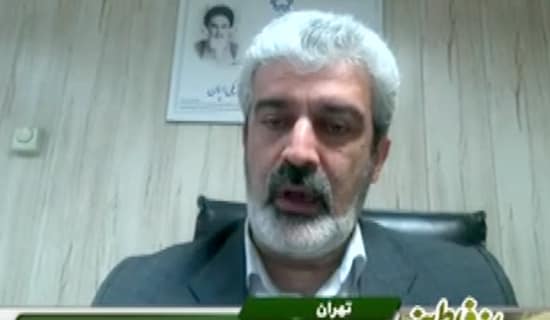
On March 2, 2023, Rotana Khalijiya TV (Saudi Arabia) aired a show in which Saudi Islamic scholars discussed the Islamic punishment for apostasy. Saudi Islamic scholar Ahmed Al-Ghamdi, formerly the head of the Mecca chapter of the Authority for Promotion of Virtue and Prevention of Vice, said that people are free to decide whether they adhere to Islam or become apostates, and he argued that there is no verse in the Quran explicitly stating that the punishment for apostasy is death. Abd Al-Rahman Abd Al-Karim from the Saudi Fiqh Association rebutted that the Quran prescribes the death penalty for apostates, and that there is a consensus among Islamic jurisprudents on the subject.
Ahmed Al-Ghamdi: "People who do not adhere to the Islamic faith are free to do so. They must not be coerced. The same is true for people who converted to Islam and then became apostates. There are unambiguous verses in the Quran regarding their freedom to do so. Allah said [in the Quran:] 'There is no coercion in religion.' This is an unambiguous verse, and it applies to an infidel before his conversion to Islam, as well as to people who converted and then became apostates. They are free to do so, as Allah made it clear in the verse 'There is no coercion in religion.'


[...]
"There isn't an explicit verse in the Quran saying that an apostate should be killed as a punishment for his apostacy."


[...]
Abd Al-Rahman Abd Al-Karim: "There has been consensus among Islamic jurisprudents about the punishment for apostacy. First of all, according to a hadith, the Prophet Muhammad said: 'He who changes his religion — kill him.' In addition, when some people renounced Islam after the death of the Prophet Muhammad, [Caliph] Abu Bakr said: 'By Allah, I will kill those who renounced Allah's religion!' And indeed, he applied the [death] punishment in that case.




[...]
"This is beyond discussion. These are the rules and punishment in the shari'a. There are seven religious punishments mentioned in the Quran, and one is allowed to doubt these religious punishments."

Interviewer: "What are they?"
Abd Al-Rahman Abd Al-Karim: "The punishments for highway robbery, fornication, homosexuality, drinking alcohol, apostacy, murder, and theft. The punishment for these seven crimes are mentioned in the Quran."
















